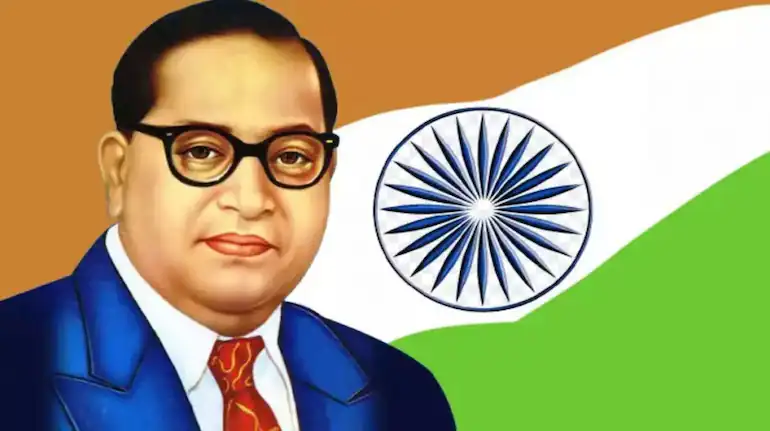Context:
The 69th Mahaparinirvan Diwas is being observed on 6th December to commemorate the death anniversary of Bharat Ratna Dr. Bhimrao Ramji Ambedkar.
Mahaparinirvan Diwas 2024
- Mahaparinirvan Diwas holds profound significance as a tribute to Dr. B.R. Ambedkar’s transformative legacy.
- According to Buddhist texts, Lord Buddha’s death is considered to be Mahaparinirvan, the Sanskrit term for ‘nirvana after death’. Parinirvan (the most sacrosanct day in Buddhism) is considered liberation from Samara, karma, and the cycle of death and birth.
- Deeply inspired by Buddha’s teachings, Dr. Ambedkar embraced Buddhism as a path to liberation and an antidote to caste-based oppression.
- This day reminds us to uphold Ambedkar’s ideals of justice, equality, and liberty, drawing inspiration from his life to continue the journey toward a more just and harmonious world.
Dr. B.R. Ambedkar

- Dr. B.R. Ambedkar was born on April 14, 1891, in Mhow, Madhya Pradesh. He belonged to the Mahar caste, one of the untouchable/Dalit castes in India.
- He dedicated his life to uplifting marginalized communities, especially Dalits, women, and labourers, who faced systemic social discrimination.
- A visionary reformer and advocate for equality, Ambedkar identified caste oppression as a major divide in the nation and championed transformative measures such as reservations in education, employment, and politics to empower the marginalized and promote social justice.
- He established the Bahishkrit Hitkarini Sabha (Outcastes Welfare Association) in 1923 to spread education, improve economic conditions, and address societal inequalities.
- In 1924, he started an Association for the welfare of the depressed classes.
- His leadership in historic movements such as the Mahad March (1927) for access to public water and the temple entry movement at Kalaram Temple (1930) challenged caste hierarchies and priestly dominance.
- He participated in all three Round Table Conferences in order to protect the interests of the untouchables.
- In 1932, Dr. Ambedkar signed the Poona pact with Mahatma Gandhi which provided reserved seats for Dalits, marking a turning point in the political representation of the Depressed Classes.
- In 1936, he formed the Independent Labour Party to safeguard the interests of the depressed classes.
- In 1947, when India became independent, he became the first Law Minister of Independent India.
- In 1948, Dr. Ambedkar completed the draft of the Constitution and presented it in the Constituent Assembly.
- In 1951, Ambedkar established the Finance Commission of India. His doctoral thesis inspired the establishment of the Finance Commission of India.
- The Reserve Bank of India (RBI), was based on the ideas that Dr. B.R. Ambedkar presented to the Hilton Young Commission (1926).
- In 1956, Dr. B.R. Ambedkar converted to Buddhism after attending a convention of Buddhist scholars in Sri Lanka.
- He was posthumously awarded India’s highest civilian honour the Bharat Ratna in 1990.

